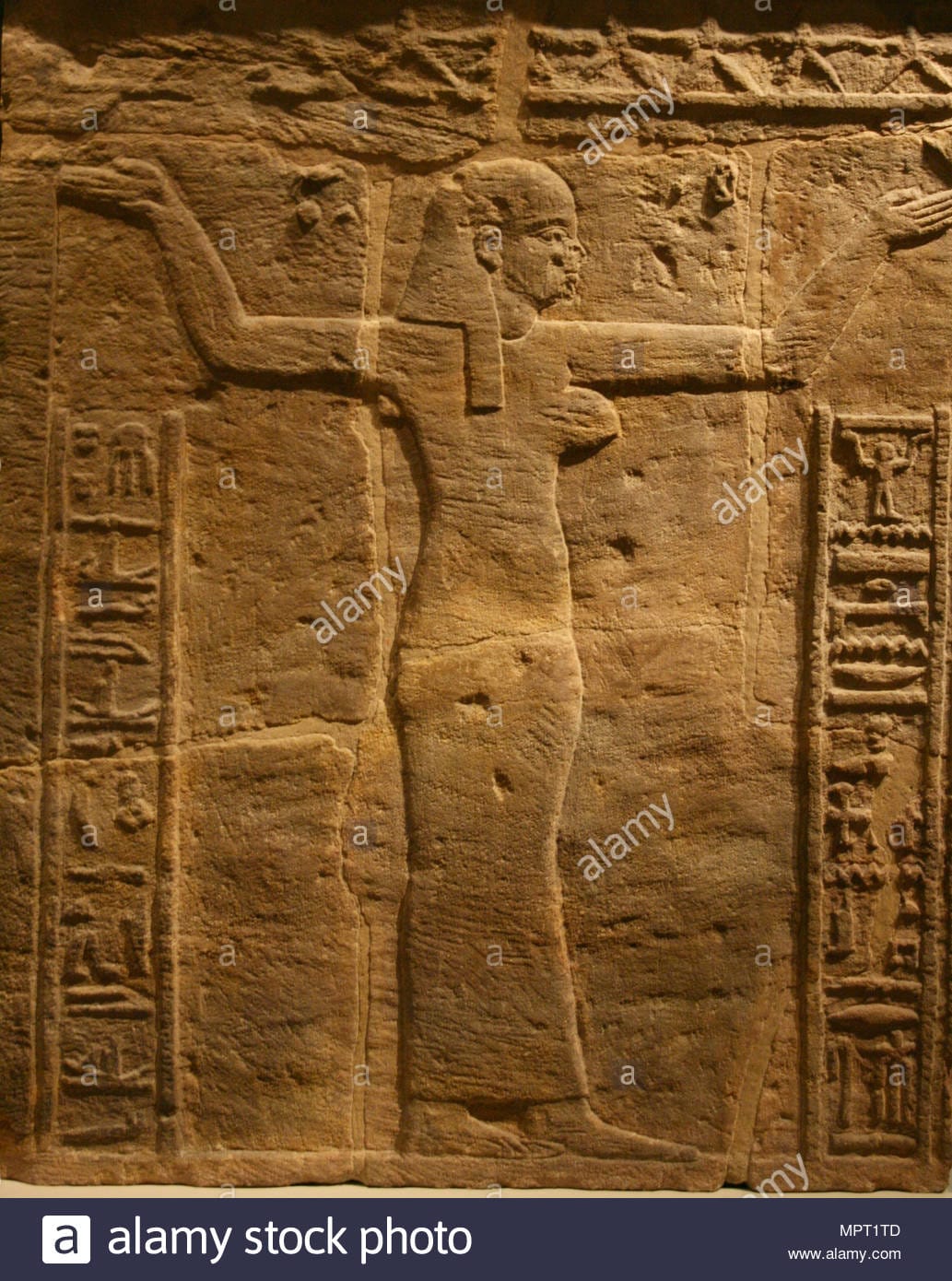Reigning Queens of the Nile
While Cleopatra’s reign as the last pharaoh of Ancient Egypt is widely known, fewer people are familiar with the Kandakes: powerful queens who ruled over the kingdom of Kush, also known as Nubia, centuries earlier. Unlike in Egypt, the Kushite throne passed through the female line, granting the Kandakes immense authority as they chose their successors. These remarkable women were far more than symbolic figureheads; they actively governed, engaging in diplomacy, shaping religious practices, and even leading armies into battle.
Archaeological evidence suggests that at least ten Kandakes reigned in their own right, leaving behind a legacy of power and influence. Some, like Queen Amanirenas and Queen Nahirqo, are still celebrated for their strategic minds and military achievements, particularly their conflicts with the Roman Empire. Depictions in ancient art and writings offer glimpses into their lives, showcasing the elaborate jewelry and clothing that symbolized their authority and distinctly Kushite style.
The Kandakes were not just powerful rulers; they were patrons of the arts, deeply involved in religious ceremonies, and champions of Kushite culture. Their influence extended far beyond their kingdom’s borders. Mentions of a Kandake’s representative appear in the Bible, and Roman and Greek historians were captivated by these powerful women. The story of the Kandakes challenges traditional narratives of female roles in ancient societies, demonstrating the significant power and influence women could wield. Their legacy continues to inspire, reminding us that strength, intelligence, and leadership are not defined by gender.
What Did “Kandake” Mean in Ancient Kush?
The title “Kandake” held immense weight in the ancient Kingdom of Kush, similar to the title “Pharaoh” in ancient Egypt. It denoted the queen mother, a position of significant power in Kushite society. Kush operated under a matrilineal system, where the line of succession flowed through women. This system granted the Kandakes remarkable authority, making them key players in politics, diplomacy, and even religion.
The Bible offers a glimpse into the Kandakes’ world in Acts 8:27-39, introducing an unnamed Kandake – the queen of an Ethiopian eunuch. This detail suggests that the Kandakes’ sphere of influence extended beyond Kush, hinting at a network of power and connections that likely crossed borders. Some scholars suggest this encounter between Philip and the Kandake’s eunuch may have played a role in the early spread of Christianity in Africa, though research in this area is ongoing.
What Were the Kandakes Known For?
The Kandakes were far more than figureheads; they actively ruled and shaped their kingdom. They were commanders, strategists, negotiators, and spiritual leaders, defying preconceived notions about women in power and demonstrating a society’s potential when women hold sway in politics and religion.
Kandake Amanirenas, for instance, is renowned for personally leading Kushite armies against the might of the Roman legions. Her strategic mind and military prowess led to significant Roman losses, ultimately resulting in a peace treaty that favored Kush and ensured its independence.
Beyond military achievements, the Kandakes appear to have played a role in the spread of Christianity in Africa. The Bible’s mention of a “Kandake of the Ethiopians” whose treasurer converted to Christianity suggests these powerful women may have been instrumental in the early days of the Church’s growth in Africa.
Were the Kandakes Sudanese?
To understand the Kandakes’ connection to Sudan, it’s essential to understand the history of their kingdom. Kush, a powerful ancient kingdom in northeastern Africa, flourished from the 8th century BC to the 4th century AD. Strategically located at the crossroads of major trade routes, Kush encompassed regions within modern-day Sudan.
The term “Kandake” itself comes from the Meroitic language spoken in Kush. It was a royal title, similar to “queen” or “empress”, signifying immense power and authority.
While often referred to as “queen mothers,” the Kandakes’ roles extended far beyond ensuring succession:
- Queen Regents: They ruled in place of young kings.
- Ruling Queen Mothers: They maintained significant power and influence, even when their sons came of age.
- Queen Regnants: Some Kandakes ruled independently with the title “qore,” equivalent to the male ruler’s title.
The Kandakes’ influence resonates in Sudan’s cultural memory today, representing female strength, leadership, and the region’s rich history. Their legacy challenges traditional narratives of ancient Africa and highlights the achievements of a powerful African civilization that thrived within the borders of what is now Sudan.
Explore Further:
Explore the fascinating history and artistry behind the remarkable coins of Shah Ismail. Immerse yourself in the rich cultural heritage of this captivating era through these exquisite numismatic artifacts.
- Crypto Quotes’ Red Flags: Avoid Costly Mistakes - June 30, 2025
- Unlock Inspirational Crypto Quotes: Future Predictions - June 30, 2025
- Famous Bitcoin Quotes: A Deep Dive into Crypto’s History - June 30, 2025
















